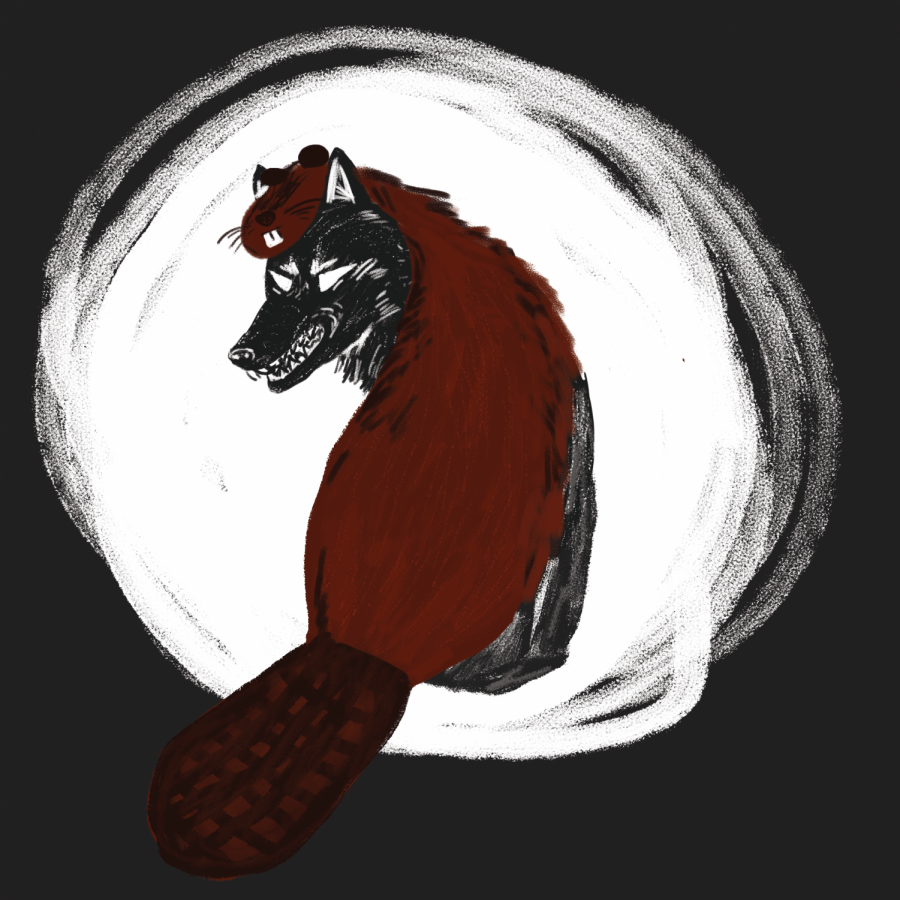EDITORIAL: Democracy dies in darkness
January 22, 2018
If media is neglectful or silenced, false and harmful beliefs are permitted to disseminate. We, as a student media organization, believe in the continued coverage of not only current events, but also current injustices.
Student media is a platform for student voices. We as a staff stand resolutely by this. However, student media is not a platform to spread racist, sexist and exclusionary views. To do so is not our intention behind the publication of this story.
Rather, our staff believes in student media’s ability to report on issues directly affecting the community. Not only do we have the option of informing the public so it can make the most educated decision—we have the obligation to.
As journalists, we learn not only how to pitch ideas, conduct interviews and craft a story, but also how to practice our trade ethically. We base this practice of ethical journalism on the Society of Professional Journalists’ Code of Ethics, which consists of four main principles. These principles provide a guideline for journalists worldwide to engage in ethical reporting.
These four principles are “Seek Truth and Report It,” “Minimize Harm,” “Act Independently” and “Be Accountable and Transparent.”
Through every step of crafting this story you are about to read, our staff has done everything in its power to ensure this code is being followed meticulously.
The process of creating this story has been careful and iterative. We were made aware of this individual’s views before winter break. However, we made the decision to hold the story in order to allow time to further analyze the possible consequences its publication could incur.
Our staff has engaged in multiple conversations regarding the best possible way to present this story while also working to minimize the potential harm imposed on our readers.
Along the way, we have encountered concerns stemming from university officials. We have been discouraged from publishing this article for reasons including potential protests, and even that this information in and of itself does not warrant a story. However, we firmly believe this information deserves our ink.
We present this story today not to glorify an individual with racist and exclusionary ideologies. We aim to shed light on the presence of these views not only in our OSU community, but in our elected student government.
As the masthead of “The Washington Post” states: “democracy dies in darkness.”
Acting in line with the Code of Ethics’ third principle—minimize harm—we have made the decision to not include several direct quotes from the representative, but rather describe the concepts he articulated. We understand that as readers, you want to be given as much information and context on a topic as possible. We believe the viscerality of several statements warrant redaction from our article because they would ultimately cause harm to our readers, rather than educate them about the situation.
Another aspect we had to consider was the timing of our publication in context with ASOSU’s upcoming joint session. During this meeting, ASOSU members are held to only discussing student fees. By publishing this story prior to the joint session, the OSU community will hopefully be more equipped to fully analyze the actions of the representative. As the first Code of Ethics’ principle states, seek truth and report it.
Our role as journalists can only extend so far, however. We have provided you with this information in what we believe to be the best, most ethical way possible. The power to do something with this knowledge rests in your hands.
Views such as those expressed by the representative exist in society today, but it is up to each and every person to initiate change that can overcome these views. The quickly-approaching ASOSU election is an opportunity for individuals to do just that. Each student has the option, if not obligation, to elect officials who are representative of their community. If you do not believe this individual accurately represents you, take time to ensure the people you vote for do.
Additionally, if you wish to see change in your student government, you have the option to run for a position. The filing deadline to run for ASOSU offices next year has been extended to Friday, Jan. 26 at noon.
We understand that upon reading this story, some might feel confused, angry or hurt. We felt the same way when we first came upon this issue. However, we strongly encourage people who feel passionately about this issue to engage in open conversation.
Furthermore, conversation and connection fosters change. We encourage our readers to engage in constructive conversation with their peers, with their community and with us.
Each community member has the option of submitting a letter to the editor to be published in our issues. As we stated before, student media is a place for student voices. Submitting a letter to the editor is a way to express your views and engage your community










































































































